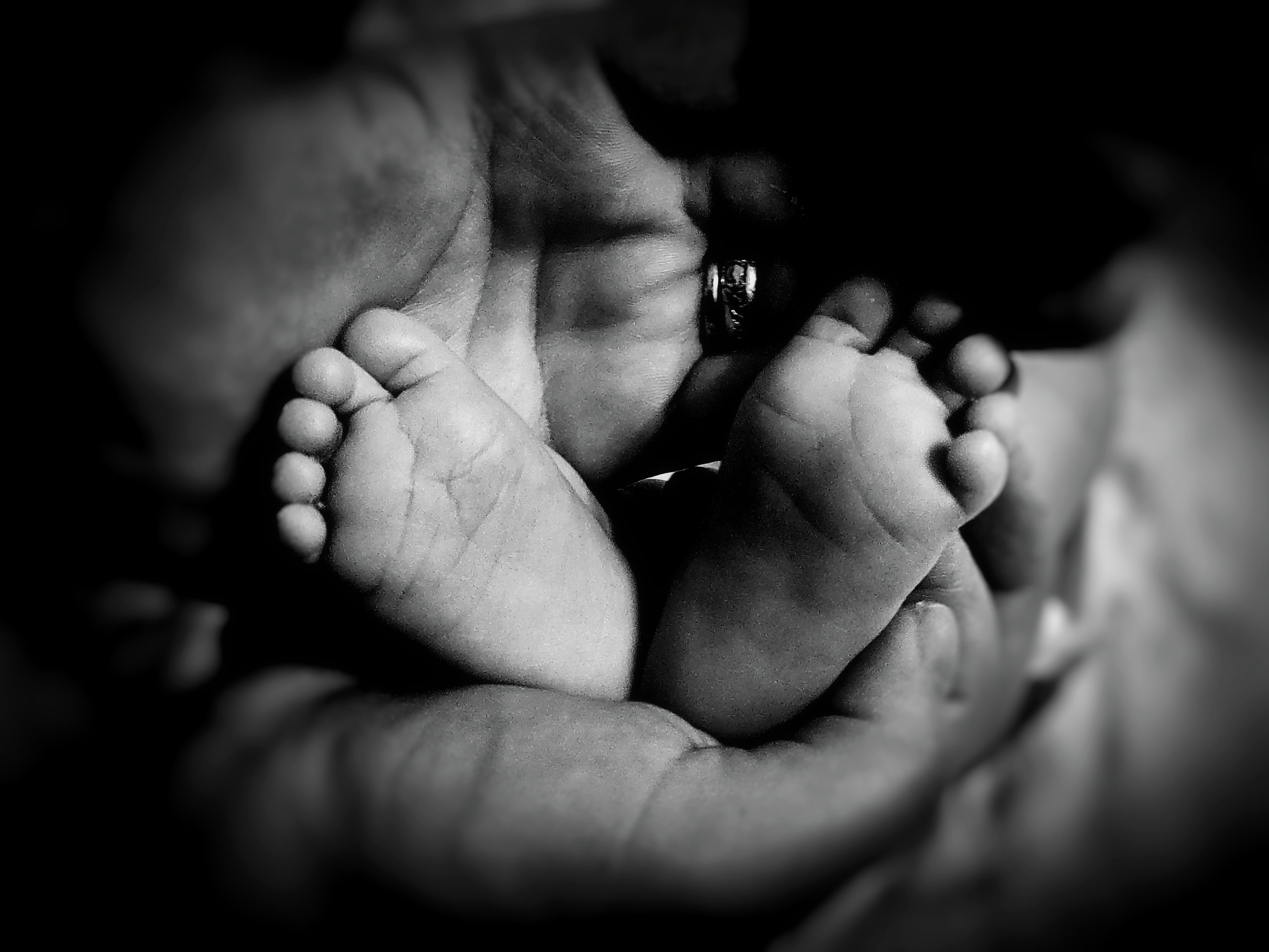The 10th of February is a cherished day for the devoted Maltese Catholics. On the 10th of February we remember when Paul the Apostle came to Malta ‘by accident’. Yes, that is right… he did not intend to come to Malta because he was on his way to Rome to face his death. It was because of such an event that Catholicism was introduced to the Maltese people, who at the time of Paul’s arrival, were pagans.
St. Paul has his own striking theology which is known as Theologia Crucis, that is, the Theology of the Cross. This term was first coined by Martin Luther to refer to the theology concerning the cross, as opposed to the Theology of Glory that focuses mainly on human reason and abilities. The Theology of Glory sees God in works that occur in the world while the Theology of the Cross sees God in the suffering of Christ on the cross. Both theologies therefore see and explain God from different standpoints. The Theology of the Cross means that the believer encounters God in the Scriptures; through our ears and hearts and not through our eyes. In a certain sense, to be able to understand the Theology of the Cross, one needs to remove the ‘Viewing Lens’ and put on the ‘Hearing Lens’ instead. It teaches us how to listen and feel.
For Paul, humanity is the centre of the Father’s will in as much as Jesus died on the cross in obedience to the Father and as an example to all humanity. Looking at the cross, one can understand that God also knew suffering. In this way, a human can relate with what the Son has gone through and find refuge in the Cross. Paul’s argument is that since the Father gave up his only Son for humanity, he would definitely give up all that comes with Christ, including the Spirit,
“He who did not spare his own Son but gave him up for us all, will he not also give us all things with him?”
(Rom 8:32).
What was special about the Christ being the one to die on the cross is that he was the Word of God made Flesh. Thus, on the Cross, God suffered as the Trinitarian God being the Father, the Son and the Spirit (Jn 19:30). No other living man could do what Christ did on the Cross and no other man other than Christ could have been able to transform Paul the way that Christ did. The reason is a simple one. Since Christ has two divinities, that of being human and that of being divine, Christ died on the Cross as a human yet he was able to resurrect only because of his divine nature. He was afraid like any other human would be but he trusted the Father and followed the Father’s Will, something which is very divine-like.
Christ died on the cross. Paul, who was a Jew, knew that according to the Hebrew Scriptures, if someone is crucified,
“…his body shall not remain all night upon the tree, but you shall bury him the same day, for a hanged man is accursed by God..”
(Deut 21:23).
Paul was persecuting the Jews because he thought it was the right thing to do as they were recognizing Jesus as the Messiah (the same person that died on the cross, in other words, the curse from God). However, on the road to Damascus, Paul encountered the Risen Christ. What did this mean to Paul? The so called curse was countered by the resurrection of Christ. So Jesus was no curse at all.
In Paul, the ministry and life of Jesus Christ are not given importance. There is a lot of emphasis on Christ’s death on the Cross because of Isaiah (Is 52:13) and (Is 53: 11) where Jesus is being prophesized as the suffering servant as it was the Lord’s will to redeem humanity and who was then raised from the dead in glory. What this really meant for Paul is that a person’s suffering, which could be related to the cross, does not have the last word in one’s life because the Servant has indeed risen and thus humanity can be saved. The fact that Christ has risen does not mean that his death was nullified. On the contrary if it was not for the cross, Christ would not have been resurrected, thus the resurrection highlights the cross not denies it. Furthermore, the emphasis remains on the Cross because ‘the tree’ refers specifically to the cross.
There are three important aspects that are always present in the theology of the cross. These are soteriology, eschatology and theology. We see Christ’s suffering and death. So he experienced the worst thing every human being has to go through. So he knows what human beings go through when they die. As Christ redeemed humanity through his resurrection, there is the aspect of salvation (soteriology). The important thing here is that God’s power is manifested in the weakness of the Son. So what Christ did, he did it for every human being not just for a few chosen people. Henceforth, humanity was given ‘a second chance’ to reconcile with God and receive God’s judgement, only if humanity accepts God’s grace. Having said that, there is the aspect of justice through revelation (eschatology). All this has been done in obedience to God and in accordance to His will. The Father willed it and had the power to become man and go through the hardest event in human life. This is the aspect of God’s power (theology).
After the resurrection, the cross is no longer seen as something negative. We need to remember that God the Father experienced the hardships of humanity through his Son on the Cross together with the Spirit. God did not need to do such a thing but having done so allows humanity to realise that God is understanding and loving because He himself experienced what humans fear of the most, that is, suffering and death. Keeping this in mind, we too have a mission similar to that of Christ,
“Peace be with you! As the Father has sent me, I am sending you.”
(Jn 20:21).
With this quote, I will return to where I had started: Paul’s shipwreck in Malta. Paul went out of Palestine to deliver God’s Word and ‘by coincidence’ he shipwrecked in Malta. We see that Paul wrote many letters to many places he visited (e.g., Galatians, Corinthians, Thessalonians, etc.), yet there is no letter for Malta. Interestingly enough, Malta is the only place that he visited where Paul delivered the Word of God through deeds and not through preaching. In Acts 28: 8-9 it is clear that through prayer and the laying of hands, Paul healed many sick people including the father of Publius, the chief official of the island. Therefore, Malta experienced the Theology of the Cross first-hand through Paul’s concrete example. The Maltese then repeated the good deeds of Paul with their fellow brothers and sisters as well as with many other people that came in the island and were foreign to it. My hope and wish is that we remain as Luke the Evangelist describes us: unusually kind (Acts 28:2) and provide those in need with whatever is necessary to survive their journey (Acts 28:10),
Having her name in the Bible, Malta indeed cherishes such historical event up until today and this is why we celebrate the Feast of Saint Paul’s Shipwreck every 10th of February. It is indeed a privilege but it also weighs us with a responsibility to care for others like we cared for Paul and the rest of the crew. Being mentioned in the Bible however, helps us not to deviate from our origin, our principle, our purpose, that of being a people that assists others, even though we may not be many in number.
Viva San Pawl Missierna!



0 Comments